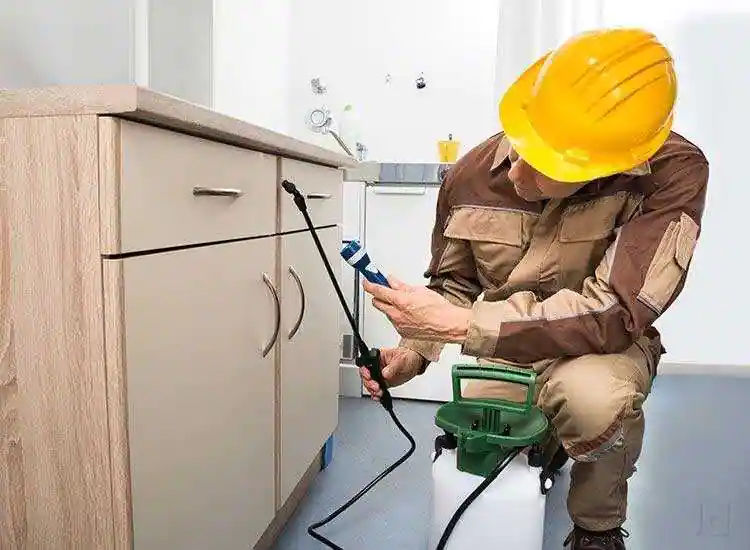Pests have been a long-standing problem for humans, dating back to ancient times. Whether it’s ants invading our kitchens, mosquitoes buzzing around our outdoor spaces, or termites damaging our homes, pests can cause significant harm and disruption to our daily lives. Aside from being a nuisance, these pesky creatures carry diseases and can cause various health problems. Therefore, it’s crucial to implement safe pest control practices to protect both ourselves and the environment.
Traditional methods of pest control often involve the use of harmful chemicals that not only kill pests but also pose a threat to the health of humans and other living organisms. These chemicals can contaminate food sources and water supplies, leading to adverse health effects such as allergies, respiratory issues, and even cancer. Moreover, some pesticide residues can persist in the environment for decades after their initial use. As we continue to face increasing environmental challenges such as climate change and depleting natural resources, it’s essential that we adopt safer methods of pest control.
One safe alternative is integrated pest management (IPM), which aims to reduce or eliminate pests by using a combination of techniques such as biological controls (e.g., beneficial insects), cultural practices (e.g., crop rotation), physical barriers (e.g., screens https://www.oneflare.com.au/b/safe-pest-control on windows), and lastly chemical controls if necessary but in limited quantities. This approach minimizes the use of pesticides while still effectively managing pests.
Another eco-friendly method is using natural deterrents such as diatomaceous earth or neem oil instead of harmful chemical pesticides. These substances are derived from natural sources and do not have toxic effects on humans or non-targeted species.
Apart from safeguarding human health and well-being by reducing exposure to hazardous chemicals used in traditional pest control methods, choosing environmentally friendly approaches also helps preserve biodiversity by minimizing harm caused by indiscriminate pesticide use.
Safe pest control has far-reaching benefits beyond protecting human health; it plays a significant role in preserving ecosystems and promoting sustainable agriculture. Pest control without chemicals has a trickle-down effect on the environment, ensuring balanced food systems and healthier farming practices.
Furthermore, pests can develop resistance to chemical pesticides over time, rendering them less effective. This leads to a frustrating cycle of more potent chemical formulations being developed to combat increasingly resistant pest populations. By using safer methods of pest control, we can break this vicious cycle and reduce our dependence on harmful chemicals.
In businesses such as restaurants or food manufacturing facilities, where quick solutions are necessary to ensure compliance with sanitation regulations and prevent contamination of food products, it’s essential that the methods used are both safe for consumers and the environment. In these cases, professional pest management companies that specialize in organic pest control should be sought out.
As individuals continue to prioritize their health and well-being in today’s world, it’s important not only to choose natural remedies when treating ailments but also when managing pests around our homes and communities. Safe pest control is not a luxury; it’s a necessary step towards creating a healthier future for ourselves and the planet we inhabit.
